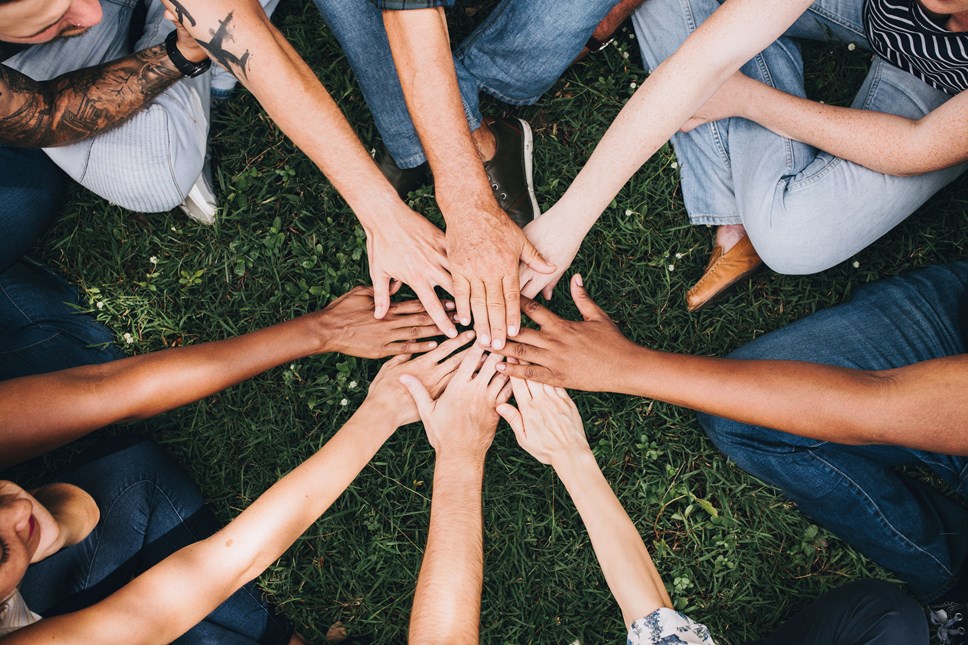Business leaders share best practices to create more diverse workforces

Leading figures from multiple sectors came together to share their insights and best practices to help businesses across Wales create more diverse workforces in the latest event facilitated by Chambers Wales.
The hour-long virtual discussion, attended by 74 businesses, was chaired by Cerys Furlong, CEO of charity Chwarae Teg which aims to inspire, lead and deliver gender equality in Wales, focusing on three strategic priorities: women in the economy, women represented and women at risk.
The expert panel featured Caroline Gundu, Senior Business Consultant at CGI; Adam Keen, Managing Director at Adventure Travel; Khushboo Patel, Local Director for Wales at Metrobank; and Keela Shackell-Smith MBE, Inclusion Manager at Food Standards Agency.
Ranging from the impact of flexible working to experimenting with recruitment methods, the engaging discussion explored the role of both leaders and employees in creating an inclusive working environment and the subsequent benefits for a business.
Khushboo Patel said: “Inclusion promotes belonging, purpose and wellbeing and diversity ignites that problem solving, creativity and innovation and these are things that businesses want for their people and their work. There are plenty of studies and statistics that prove the benefits of diversity and inclusion, however on the other hand we have alarming statistics that show how much work there is to do.
“As a business, why would you want to throw away the opportunity to increase performance, productivity and innovation, why wouldn’t you want a better performing team? Leaders in particular have the opportunity to create a diverse workforce and then an inclusive environment within it, because they hold influence.”
Caroline Gundu said: “Diversity is a conscious and intentional approach to diversify your workforce, to make them feel included and valued. To sustain this, it needn’t be from leadership only but leaders and people who work within the business at a grassroots level. From a diversity and inclusion perspective, we’ve been able to reap the benefits of flexible working. We’ve had much deeper conversations on important topics and it has provided more collaborative opportunities across our networks.”
Businesses could also learn practices and obtain guidance on eliminating issues around language, terminology and attitudes during the event.
Adam Keen said: “The potential to put your foot in it and say the wrong thing is real. The reality is you have to do two things: get really good HR advice and have difficult conversations to keep learning and progressing. It’s ok to challenge inappropriate language and views.”
Keela Shackell-Smith said: “We can change business culture through allyship. I’ve worked on a number of allyship training programmes for LGBTQ+, race and disability. The programmes cover definitions, terminology, history, rights, lived experiences, microaggressions and also highlight the differences between allyship and saviourism. Giving allies the tools to support, help and champion marginalised groups puts inclusion into action.”






